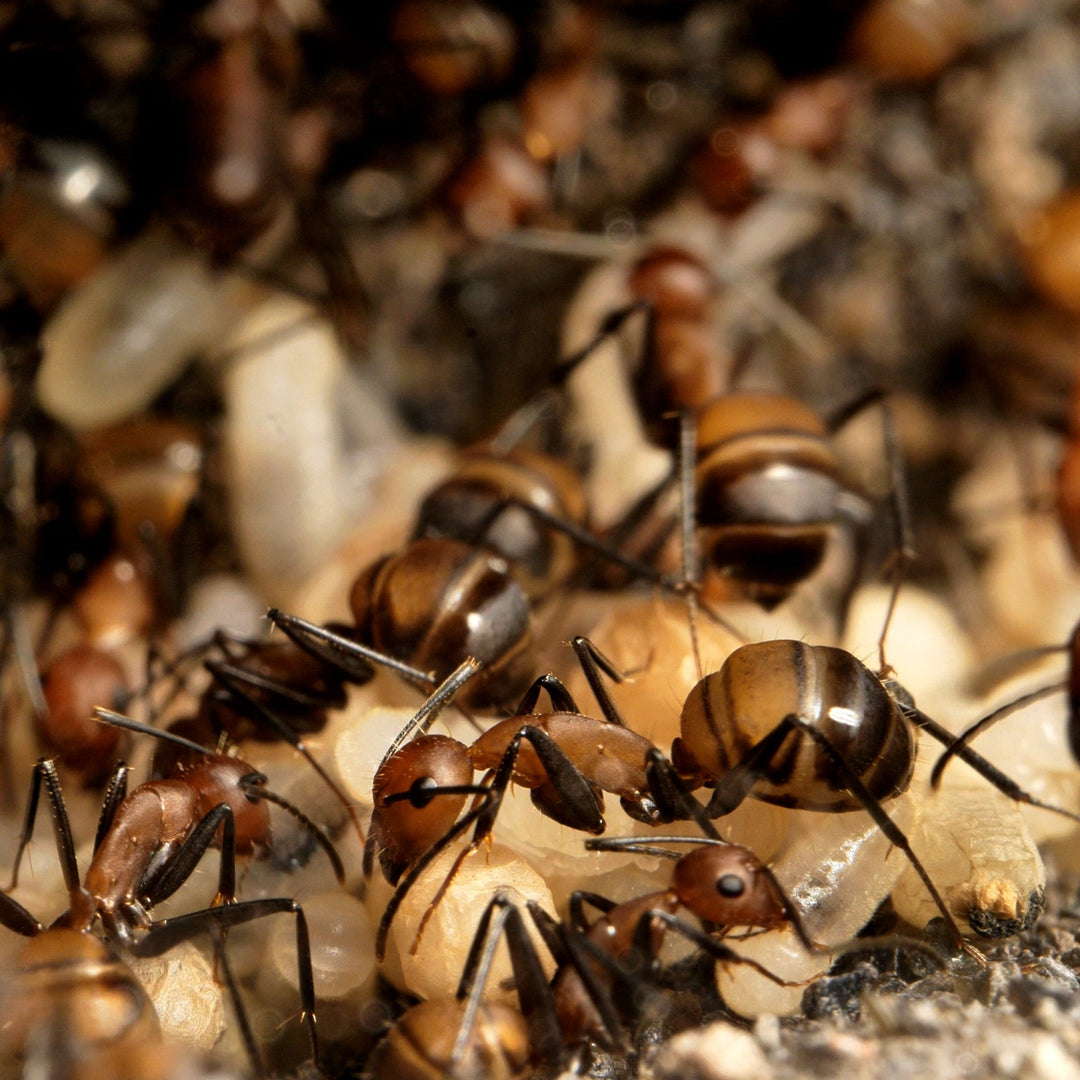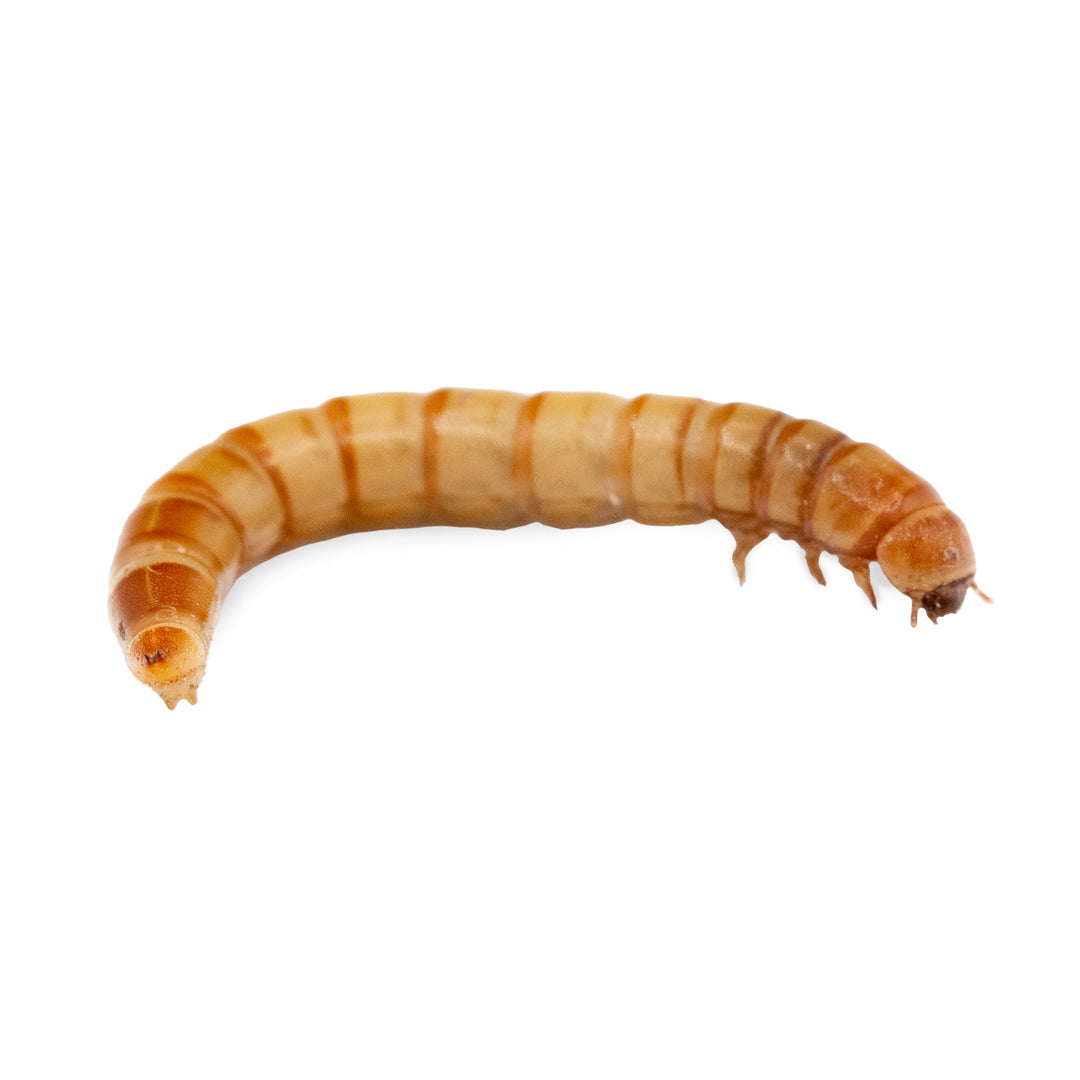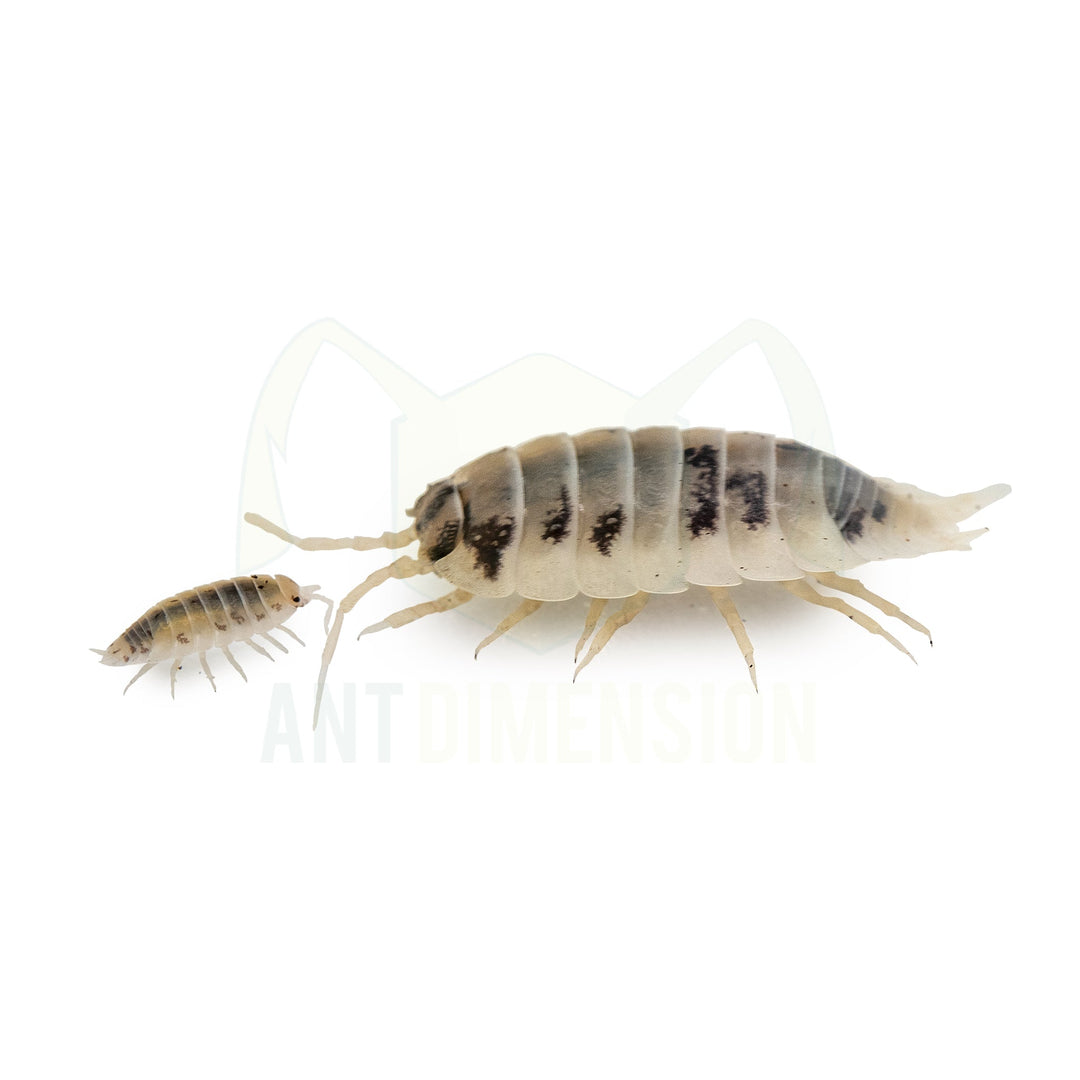Learn how to raise Messor barbarus from day one
Introduction
Messor barbarus, a granivorous ant, is the most popular species among ant-keeping enthusiasts in Spain. Whether it’s the reddish color of the majors, their simple diet based mainly on seeds, or their fast growth, they’re an ideal choice to start this wonderful family-friendly hobby.
In this article, we’ll explain absolutely everything you need to take your Messor barbarus queen all the way to a mature, stable colony of thousands of individuals.
We recommend first reading the article LEARN TO RAISE A QUEEN ANT FROM THE START, as it serves as the foundation for what we’ll cover below.
GETTING THE QUEEN ANT
You can obtain queens during nuptial flights, between September and December. Or, if you prefer, we offer fully free, stable colonies. Flights of this species are massive, so it won’t be hard to find a queen. If you’re outside those dates, you can find someone in your area via our Telegram group who has extras to give away.
FOUNDATION
You’ve got your queen ant, probably in a test tube with water and cotton or a sponge. If you caught her during flights, you’ll need to wait for temperatures to rise (usually from April onward) for her to start laying her first eggs.
Do not try to add artificial heat to make her lay in winter—this won’t work and could cause the queen’s death.
While the queen is alone (with or without eggs), she should not be fed, and you should check on her as little as possible (once a month) to reduce stress levels.
By following these simple guidelines, you’ll be able to get the first generation of workers, called nurses.
NURSES, THE FIRST WORKERS
We now reach the stage where the colony’s survival is decided. At this point, the queen has exhausted all her energy and resources to raise the first generation of workers. These workers are extremely weak and will live only a few months—we call them nurses. Their sole mission is to bring the second generation of workers to adulthood. If they die before succeeding, the colony’s future will depend on the queen’s remaining strength.
Once the first nurse emerges, wait 1 week before offering any food; ideally, provide 3 chia, poppy, or flax seeds. These seeds contain a high amount of protein and are easily processed by the small workers. Every 2 weeks, check your colony as calmly as possible—it’s crucial to keep stress to an absolute minimum.
- Seeds must not touch the moist cotton, or they may germinate.
- Do not offer split seeds; although beneficial later on, right now they could trigger a mold outbreak in the tube.
- They don’t need anything else—avoid sugar solutions, protein liquids, or human foods; seeds are the best you can give them.
This alone is enough to raise the second generation of workers; these will be stronger and live 1–2 years.
During this process you may have changed the test tube due to lack of water or mold in the cotton/water—one quick transfer is preferable to constant stress.
If you’ve decided to move your queen to a Starter Kit, you’ll only need to keep the water topped up monthly and take the opportunity to check your queen (avoid lifting the red lid to reduce stress).
GROWING WITHOUT LIMITS
Once the second generation of workers is born—congratulations! From now on you just need to ensure the following:
- A constant supply of clean drinking water. It’s important to add more water sources as the colony grows; Messor barbarus uses plenty of water to make “ant bread” from seeds.
- Keep a few seeds always in stock—don’t overdo it, as they could germinate or mold if maintenance is lacking. About 1 seed per 5–10 workers is fine.
- As the colony grows, you can offer a freshly killed insect, our superfood for granivores, or protein jelly.
- The nest must match the colony’s size—Messor barbarus suffers greatly from having too much space (stress and serious issues due to lack of maintenance).
- Because it’s a fast-growing species, your best ally is modular ant farms.
- Don’t use soft materials like flexible PVC tubing or flexible 3D-printed parts; they will destroy them with their powerful mandibles.
- In winter, you can keep your colony in the warmest room of your home; avoid temperatures below 15 °C.
- In summer, keep the nest below 30 °C; above this, the risk of harming your queen or brood increases.
- This is a granivorous and scavenging species—do not provide live insects; always freshly killed and from specialized shops. You can buy safe live food for your ants here.
- Messor barbarus leaves lots of leftovers in the foraging area; plus, their high-fiber diet means they “decorate” the foraging walls with cave paintings (let’s just say they’re very artistic with their droppings).
Conclusion
As you’ve seen, Messor barbarus ants are extremely straightforward with nothing complex in their early stages—this is why they’re the go-to species for beginners. As a final tip, they’ll really enjoy a large foraging box, and it will make maintenance much easier for you.
If you have any questions, check out our articles or join the Telegram group with more than 1,500 keepers ready to help.



